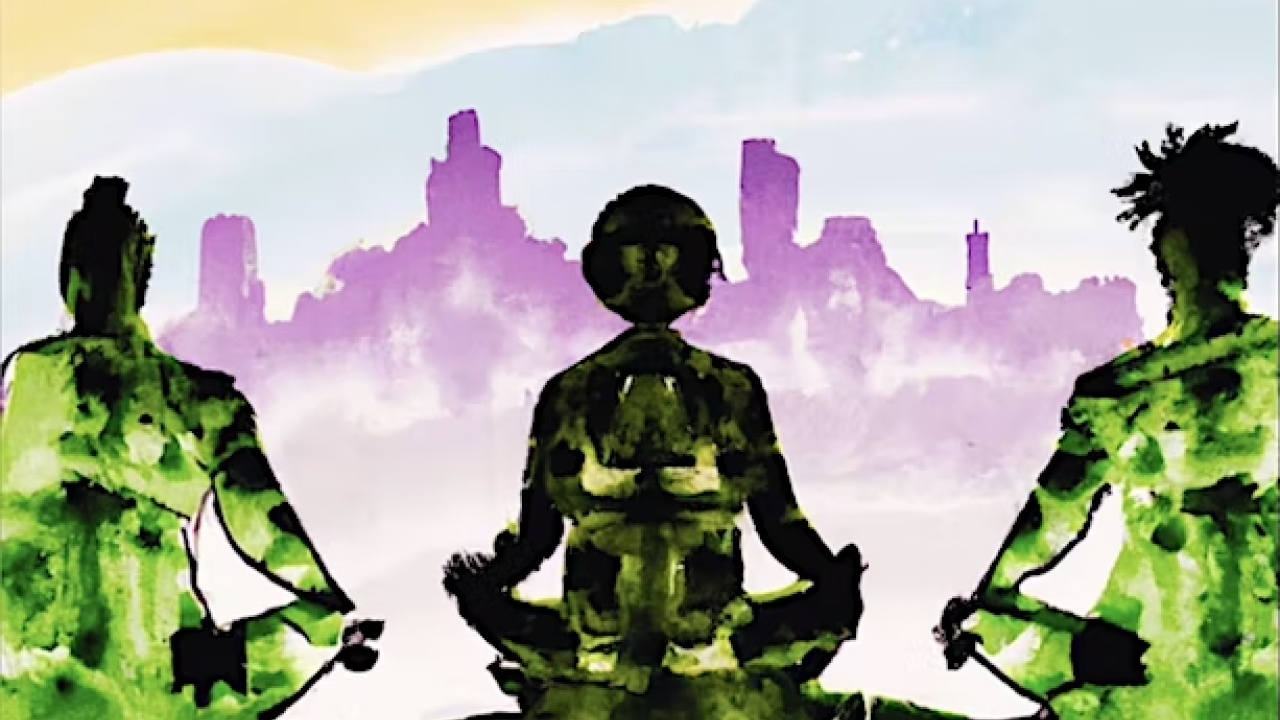
Summit to Focus on a New Vision for Understanding Mindfulness and Compassion
Researchers from around the world who study the effects of meditation training and scholars from related fields will gather at UC Davis on Feb. 24 for a daylong summit, “Out of the Lab and Into the World: The Next Chapter of Contemplative Science.”
The free event, open to the public via Zoom and in person at the Robert and Margit Mondavi Center for the Performing Arts, includes talks on restorative justice, peacemaking, mindfulness-based stress reduction, improving attention in high-demand professions, uprooting the legacy of white supremacy in science, models of language processing, effects of fear on memory, and expanding research of culturally diverse contemplative practices in real-life situations.
This meeting is focused on how best practices from multiple disciplines can be brought to bear for understanding, in the broadest terms, the lived consequences of what we might label as intentional contemplative practices.” — Clifford Saron, a neuroscientist at the UC Davis Center for Mind and Brain and the UC Davis MIND Institute and a co-organizer of the event
‘A community gathering’
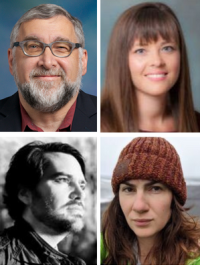
While some of the speakers will present scientific findings, Saron said the summit should be accessible to a general audience. “The whole ethos, the flavor, the attitude of the event is a community gathering,” he said. “All the speakers are well experienced communicating interesting ideas and findings to an interdisciplinary audience. There will be time for questions and discussion with both the in-person and online audience. In that spirit, we welcome anyone who is interested to attend.”
Saron directs the Shamatha Project, a multidisciplinary longitudinal investigation of the effects of intensive meditation on physiological and psychological processes central to well-being.
He co-organized the summit with Brandon King, Quinn Conklin and Alea Skwara, postdoctoral researchers in his lab. All three earned their psychology doctorates at UC Davis — King in 2019, and Conklin and Skwara in 2022.
The event is a joint partnership between the UC Davis Center for Mind and Brain and the Tianqiao and Chrissy Chen Institute, a Menlo Park-based philanthropic organization established by a pioneer of China’s online gaming industry to promote holistic brain research.
While free, the event requires registration.
A trio of symposiums in one summit
The summit, which runs 9 a.m. to 6:30 p.m. in the Mondavi Center’s Vanderhoef Studio Theatre, comprises three consecutive symposiums. Each symposium consists of three talks followed by Q&A sessions and a panel discussion with audience participation:
Embedded Measurement and Remote Technologies
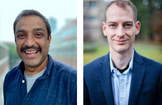
- “Contemplative Research in Context: Insights from COVID-era Research and Intensive Retreat Studies” — Quinn Conklin, Brandon King, Alea Skwara, UC Davis Center for Mind and Brain.
- “Capturing the Natural Unfolding of Memory for Events Encountered under Threat and Curiosity” — Vishnu Murty, assistant professor of psychology, Temple University.
- “App-based Contemplative Trainings: Promises and Pitfalls of Scalability” — Paul Condon, associate professor of psychology, Southern Oregon University.
Social Identity and Context
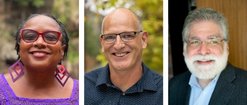
- “Restoring the Elan Vital of Research: Principles and Practices of Inclusive, Anti-Racist Science” — Kamilah Majied, professor of social work, California State University, Monterey Bay.
- “Can Deep Language Models Serve as a Cognitive Model for Natural Language Processing in the Human Brain?” — Uri Hasson, professor of psychology and neuroscience, Princeton University.
- Contemplative Practice in Context: A Cultural-Ecosocial Approach” — Laurence Kirmayer, professor of psychiatry, McGill University.
Impact Work: Shifting Societal Structures and Priorities
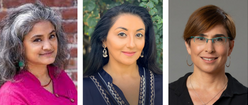
- “Law’s Middle Way: Contemplative Presence and Restorative Justice” —sujatha baliga, a restorative justice practitioner and a 2019 MacArthur Fellow.
- “Pay Attention Like Your Life Depends On It: Advancing Research on Mindfulness Training in Real-World High-Demand Settings, Amishi Jha, professor of psychology, University of Miami, and a UC Davis doctoral alumna.
- “Mindfulness Training and Peacemaking: Toward Embracing Reconciliation” — Nava Levit-Binnun, professor of psychology and neuroscience, Reichman University, Herzliya, Israel.
A light breakfast starting at 8 a.m., box lunch and snacks will be provided to people attending in person.
— Kathleen Holder, content strategist for the UC Davis College of Letters and Science
